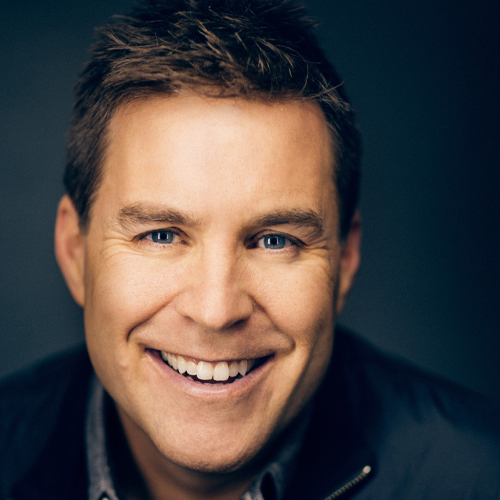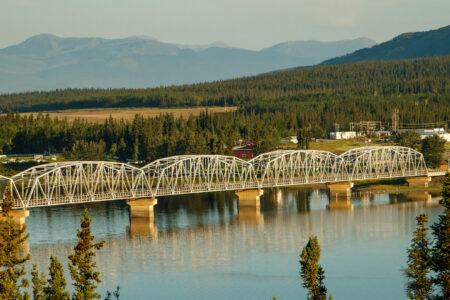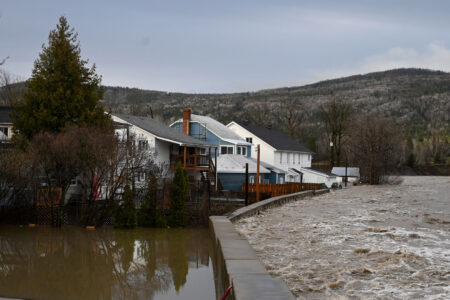
Alberta Premier Jason Kenney continues to bet big on Alberta’s oil and gas industry.
In the midst of a sticky, hot summer that saw record-high temperatures, and fire crews in neighbouring British Columbia rethink how to battle raging forest fires in a changing climate, the United Conservative Party (UCP) premier tweeted that “moving too fast on climate targets will hurt our [economic] recovery and jobs.”
And just days after a dire United Nations report warned of “irrecoverable” climate impacts, Kenney tweeted a link to a Financial Post commentary, arguing for increasing investment in Canada’s oil industry, while divesting from “OPEC countries with poor environmental and human rights records.”
There’s no question: Kenney hopes Alberta’s economy will continue to cook with oil and gas, putting him at odds with many of the people intent on cutting greenhouse gas emissions gathering in Glasgow for the COP26 global climate summit.
Our research, published recently in Environmental Politics, shows that while the majority of Albertans support moving away from fossil fuels toward more renewable sources of energy, a sizeable minority does not. Instead, the continued confidence of many Albertans in the potential economic benefits of the Prairie province’s fossil fuel industry decreases their support for renewable energy such as solar and wind power, and other climate change reduction policies. Like their premier, they continue to favour betting on the economic prosperity of Alberta’s oil and gas industry over switching to clean energy.
Our survey of a random sample of 2,634 Albertans right after the 2019 provincial election, which propelled the nascent UCP to power, found that nearly half (46 per cent) of Albertans agree or strongly agree that oil and gas will still be Alberta’s most important industry 25 years from now. Our survey also reveals that nearly one-in-five (18 per cent) Albertans don’t think their economy is too dependent on oil and gas. In short, many Albertans are fine with the status quo.
We also asked our respondents a series of questions to gauge their attitudes about energy transition from support for taxing carbon production to public subsidies for solar and wind power. We used this information to score respondents along a continuum ranging from strong opposition to strong support for energy-transition policies.
Based on our research, we believe that as long as many Albertans are convinced that the oil and gas industry can continue to deliver positive economic benefits, support for a transition to a low-carbon economy will continue to have only shallow support with many people in the province.
Why is this? We have a few ideas.
Prospect theory, developed by psychologists Daniel Kahneman and Amos Tversky, assumes that people, by nature, are loss averse. The theory, cited as one of the reasons that Kahneman won the Nobel Prize in Economics in 2002, suggests people fear losses.
Oil, gas and mining extraction represents 26 per cent of Alberta’s GDP. It’s a huge part of the economy.
In line with our findings, prospect theory (also known as loss-aversion theory) suggests many Albertans don’t want to lose out on the economic gains that can come with extracting the province’s vast oil and gas reserves.
There are policy implications as well. Our research confirms that an overwhelming number of Albertans worry about climate change. This is in keeping with other polls showing that nearly eight-in-10 people think the province needs to transition to renewable energy, and a majority think it’s time to move away from oil and gas. To mitigate the effects of climate change, advocates must now convince the public in Alberta that clean energy is, in fact, economically attractive – and that the economic gains outweigh any loses, potential or perceived.
This may be a tough task. As our analysis suggests, championing the economic benefits of clean energy and energy transition does not convince Albertans to support it. They don’t want to kill the proverbial oil and gas goose that could continue to lay golden eggs. This is similar to previous research that suggests the often-used “green benefits” argument that proponents of clean energy herald, is not all that persuasive for many people.
We argue that both arguments are likely to be ignored by people who believe in the economic benefits of the status quo. People are unlikely to change their minds unless policy-makers – business leaders and conservative politicians in particular – stop framing energy transition as a threat and start acknowledging that the oil and gas industry faces pressures for fundamental transformation because of global pressures that demand energy transition.
How do you change attitudes? Here are some suggestions for business and political leaders on how to talk differently about energy transition.
First, connect loss aversion to energy transition. That is, convince people that failing to switch to clean energy early amounts to a big economic risk.
Since 2015, Mark Carney, economist and former governor of both the Bank of England and the Bank of Canada, has warned that the climate crisis could trigger a financial crisis, forcing many companies into bankruptcy and wipe out US$20 trillion in assets worldwide. Earlier this year, Carney even warned that climate change could trigger deaths worse than COVID-19.
Those are the potential losses. But Carney also argues there are big economic gains to be made in energy transition. Alberta could see a boon with energy transition. The province is already on track to lead the country in wind and solar power by 2025. Positioning the economic benefits as a greater gain than a loss has potential power to shift public opinion.
Secondly, our study suggests Albertans are keen to avoid the boom/bust cycle that comes with the province’s fossil-fuel-dependent economy. Nearly eight-in-10 Albertans want to diversify the province’s economy. Political and business leaders would be wise to link getting Alberta off the oil and gas rollercoaster to the economic benefits of energy transition.
Finally, there’s little doubt the transition will be tough, triggering, by one estimate, between 312,000 and 450,000 job losses in the oil and gas industry. In its “People-Centred Just Transition” discussion paper, the federal government puts its focus on fairness and equality, stressing that the move away from oil and gas “must create decent, fair and high-value work.”
These are anxious times for many Albertans, especially for those with jobs that depend on the oil and gas sector. Remember the many who felt ignored and left behind and took to the highways and byways of the Prairie province in yellow vests a few years ago, voicing anti-Trudeau government sentiments, and concerns about a lack of market access for Alberta’s oil and gas, and even immigration. As Kahneman argues, our “brains respond quickly to purely symbolic threats.” We “fight harder to prevent losses than to achieve gains.”
The federal government’s focus on fairness in its discussion paper makes sense, but highlighting the economic advantages of energy transition needs to go hand-in-hand with job creation efforts. The economic benefits and job opportunities of energy transition need to be positioned as greater than the job losses that will inevitably come in the oil and gas industry.
Competing narratives make attitude changes messy.
Alberta’s premier continues to bet on the province’s “long-term prosperity” being fueled by the oil and gas industry. This rhetoric only reinforces entrenched attitudes about Alberta’s fossil-fuel-dependent economy. Those happy with the status quo may well think, “If it ain’t broke, don’t fix it.”














